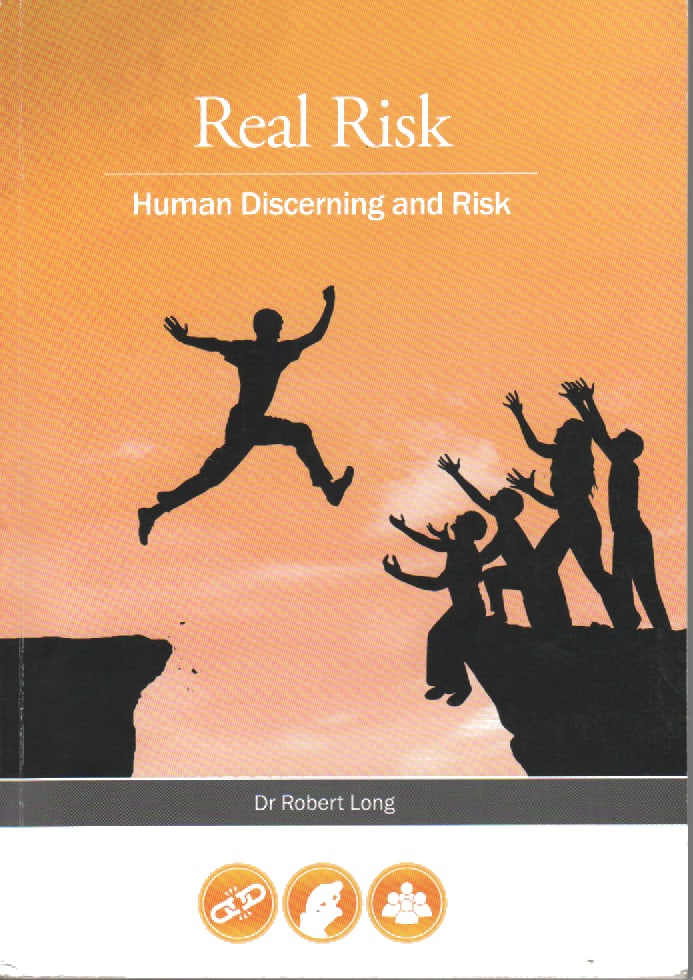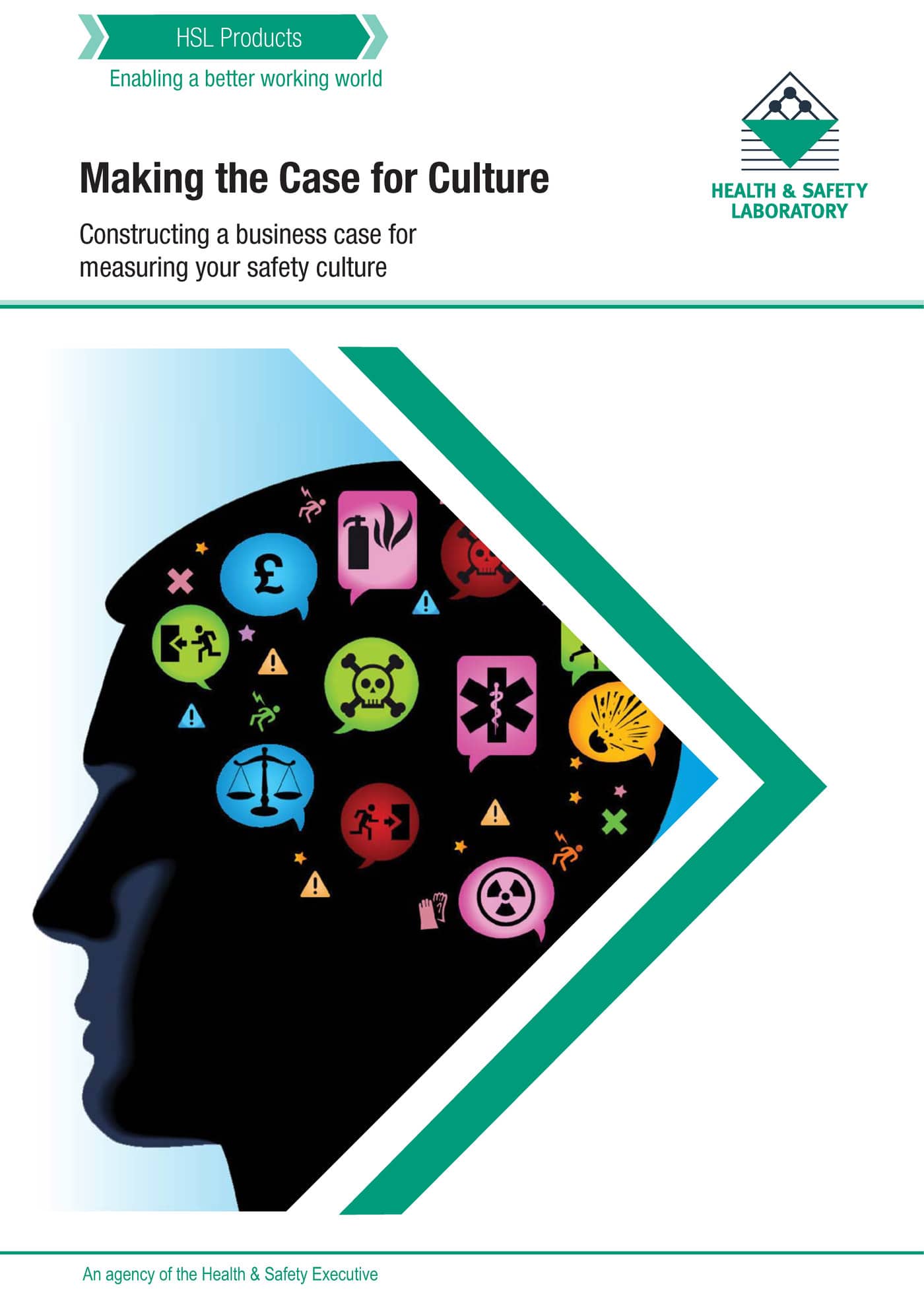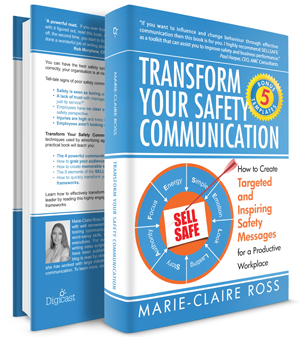Today Australia’s Employment Minister, Senator Eric Abetz, released a statement concerning a change to the renewal of Comcare licences in the spirit of reducing business red tape but there are two mentions of workplace safety that are curious.
In the statement entitled “Comcare self-insurance licence change“, Senator Abetz has welcomed:
“…a reform that will see businesses save more than $1 million a year which can be reinvested in Work Health and Safety and jobs.”
and states
“This reform will reduce the regulatory burden, remove the cost of licence extensions in years two and four, and push back the costs of audit until year eight as well as ensure safer workplaces.”
The argument on reducing OHS red tape is that the cost savings can be reinvested into occupational health and safety measures but there seems to be no independent evidence to support this belief.

 When people mention safety, they are often really talking about risk. In a similar way, people talk about the absurdity of ‘elf ‘n’ safety when they actually mean public liability or food safety or
When people mention safety, they are often really talking about risk. In a similar way, people talk about the absurdity of ‘elf ‘n’ safety when they actually mean public liability or food safety or 
 Australian marketer and communicator,
Australian marketer and communicator,